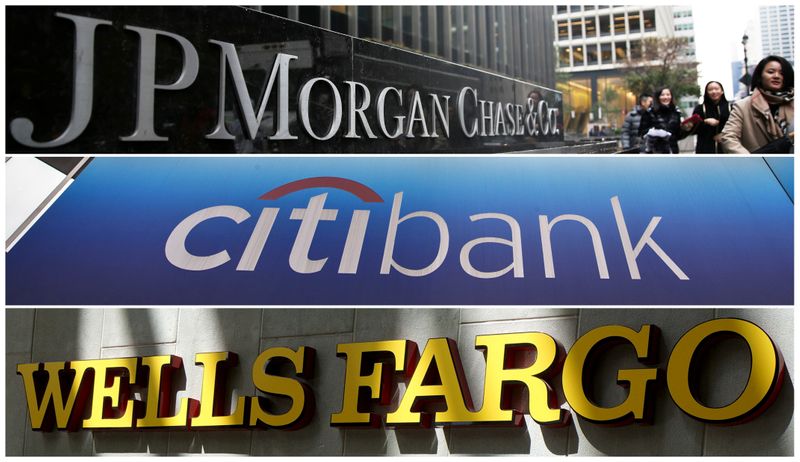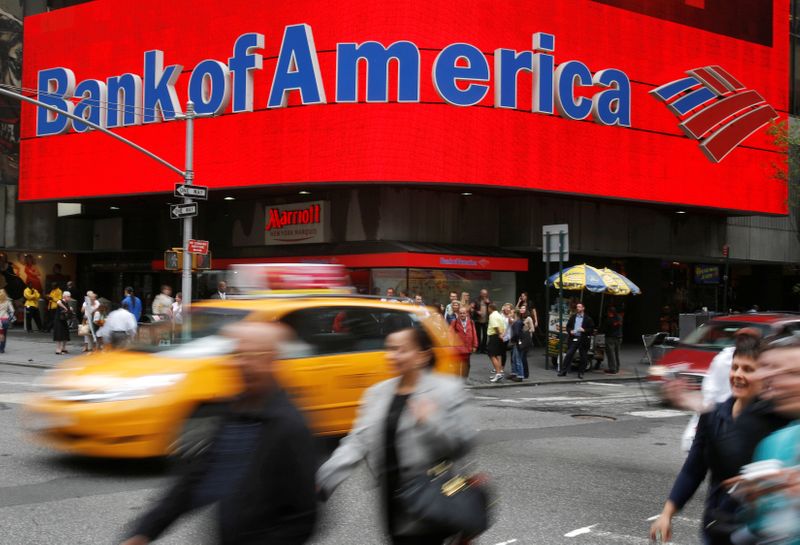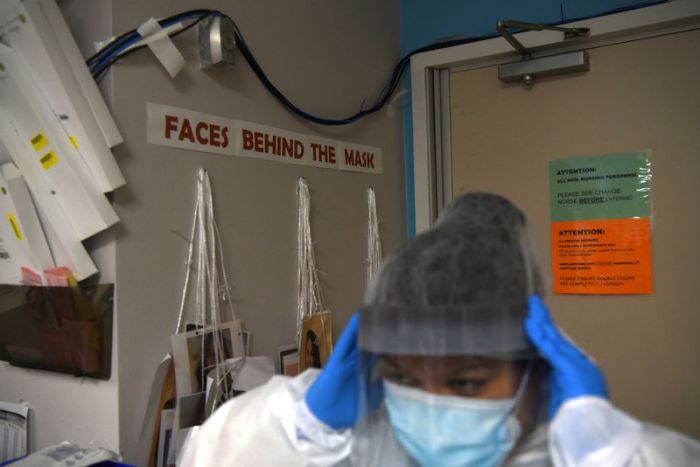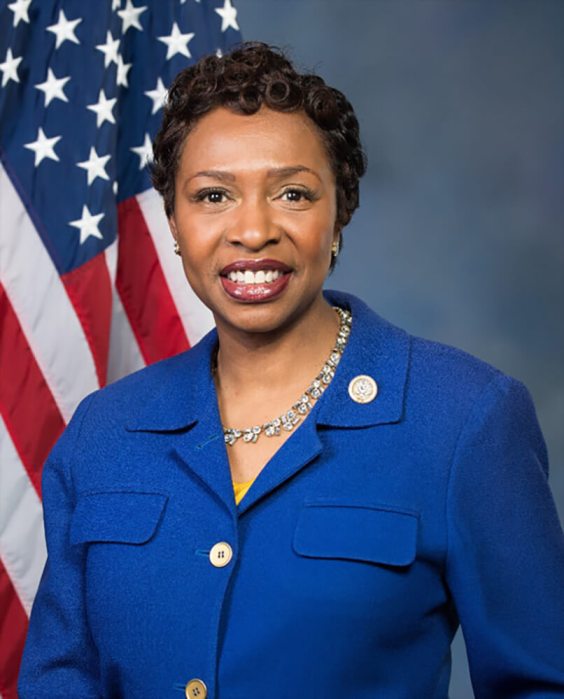NEW YORK (Reuters) – Major U.S. bank executives this week said they extended forbearance programs to millions of credit card, auto loan and mortgage customers who were financially hard hit by the coronavirus pandemic.
While that is good news for customers who need more time to pay their bills, the delays mean some of the largest U.S. banks may not know how many consumer loans have gone bad until the end of this year or early next.
“Significant credit card losses won’t show up until 180 days past the end of (forbearance) programs,” Bank of America Chief Financial Officer Paul Donofrio said on Thursday. “I would not expect to see significantly higher losses until 2021.”
JPMorgan Chase & Co, Bank of America, Citigroup and Wells Fargo & Co have all extended programs launched this spring that allow customers to delay payments on their credit card balances or loans without incurring late fees or hurting their credit.
The four banks set aside $33 billion this quarter for loans that could go bad, according to Reuters calculations.
Executives have said that many consumers who signed up for forbearance still made payments in the second quarter as federal stimulus checks and unemployment benefits helped prop them up.
But with some of those benefits going away, analysts say many consumers face harder financial decisions ahead.
JPMorgan, the largest U.S. bank by assets, said it extended forbearance assistance to 1.7 million accounts holding nearly $80 billion in balances since early March. While a “large percent” still made at least one payment during the period, the bank’s chief financial officer said, many have re-enrolled in the program, which allows credit card holders to delay at least one payment.
Bank of America, the second largest U.S. bank, extended assistance to 1.8 million mostly credit card accounts since mid-March. As of July 9, 1.7 million customers holding roughly $30 billion in consumer balances were still in forbearance.
“It’s true that people signed up for forbearance and continued to pay,” said Jon Van Gorp, co-leader of Mayer Brown’s banking and finance practice.
“People are now making some real decisions about their businesses and the ongoing viability of them without having a temporary support system to keep them going. We’re in for a pretty difficult next six months.”
(This story corrects fifth paragraph to reflect the four banks set aside $33 billion, not $38 billion in credit provisions)
(Reporting By Elizabeth Dilts Marshall and Imani Moise in New York, with additional reporting by Matt Scuffham; Editing by Nick Zieminski)
























